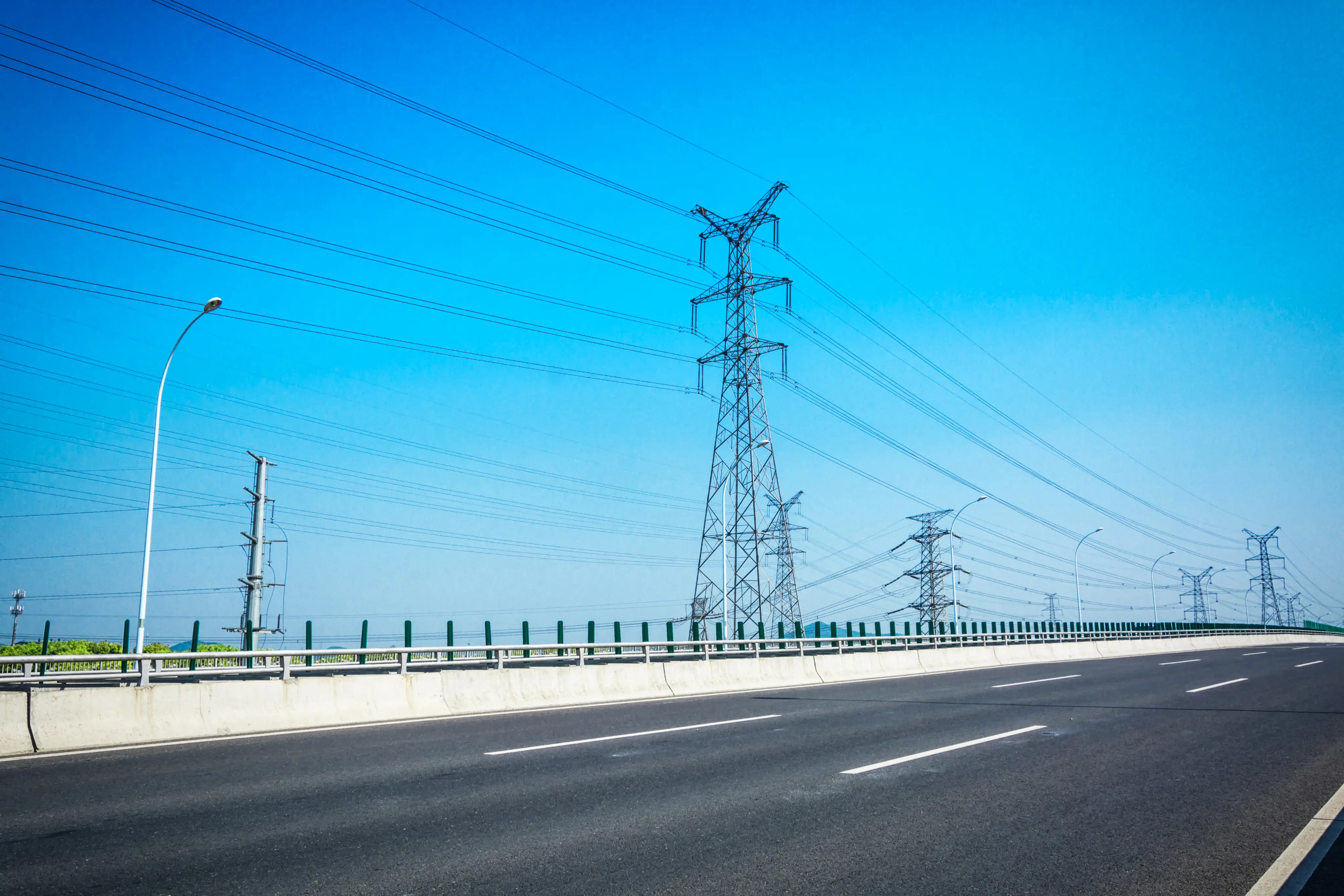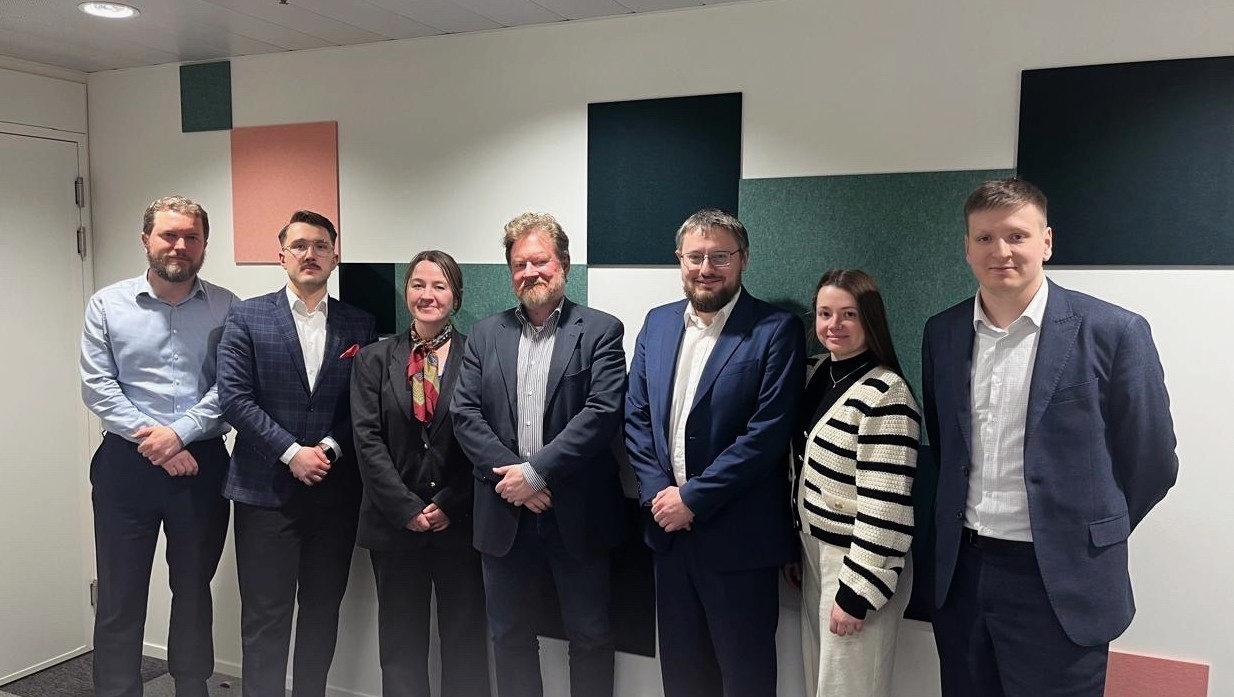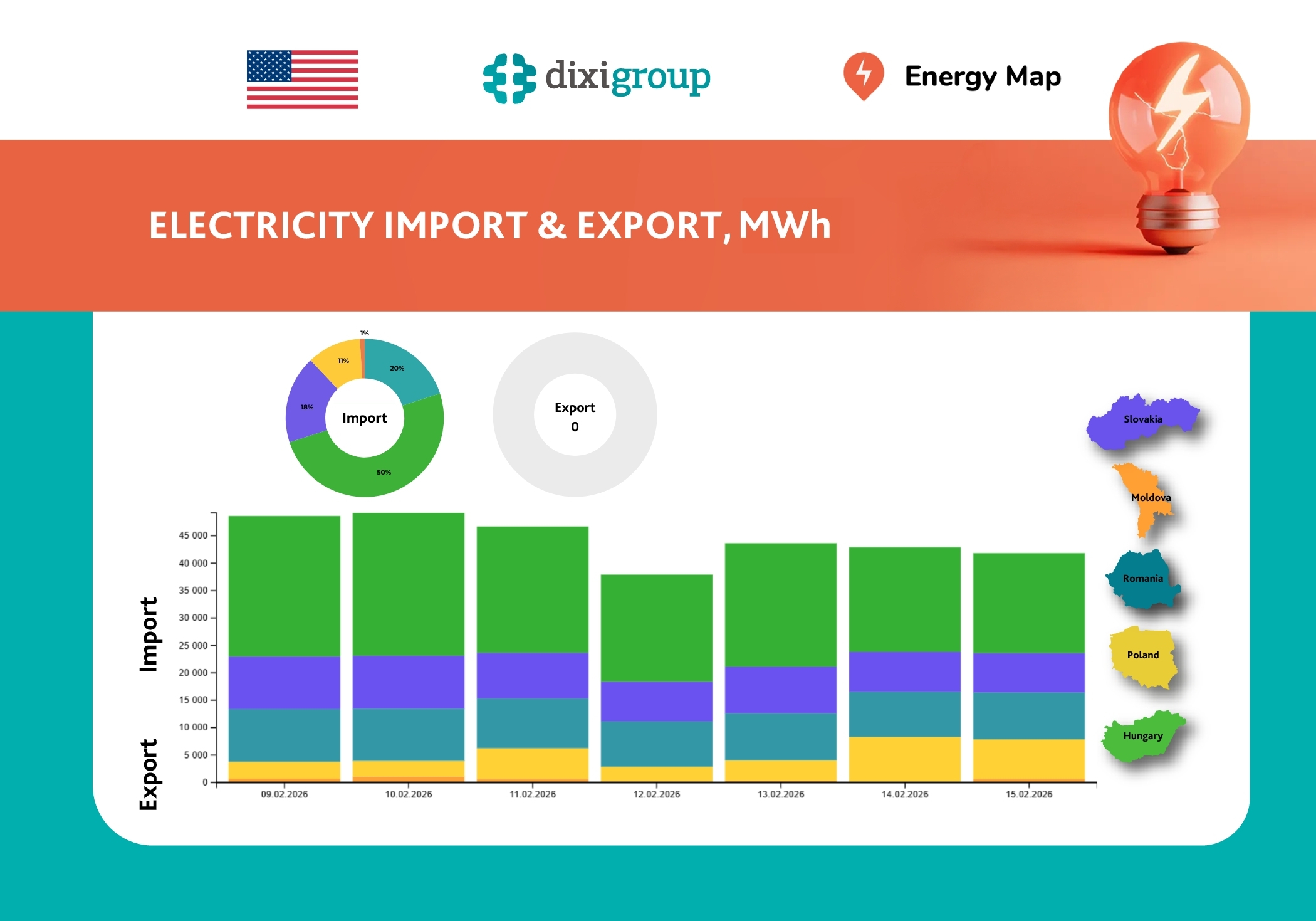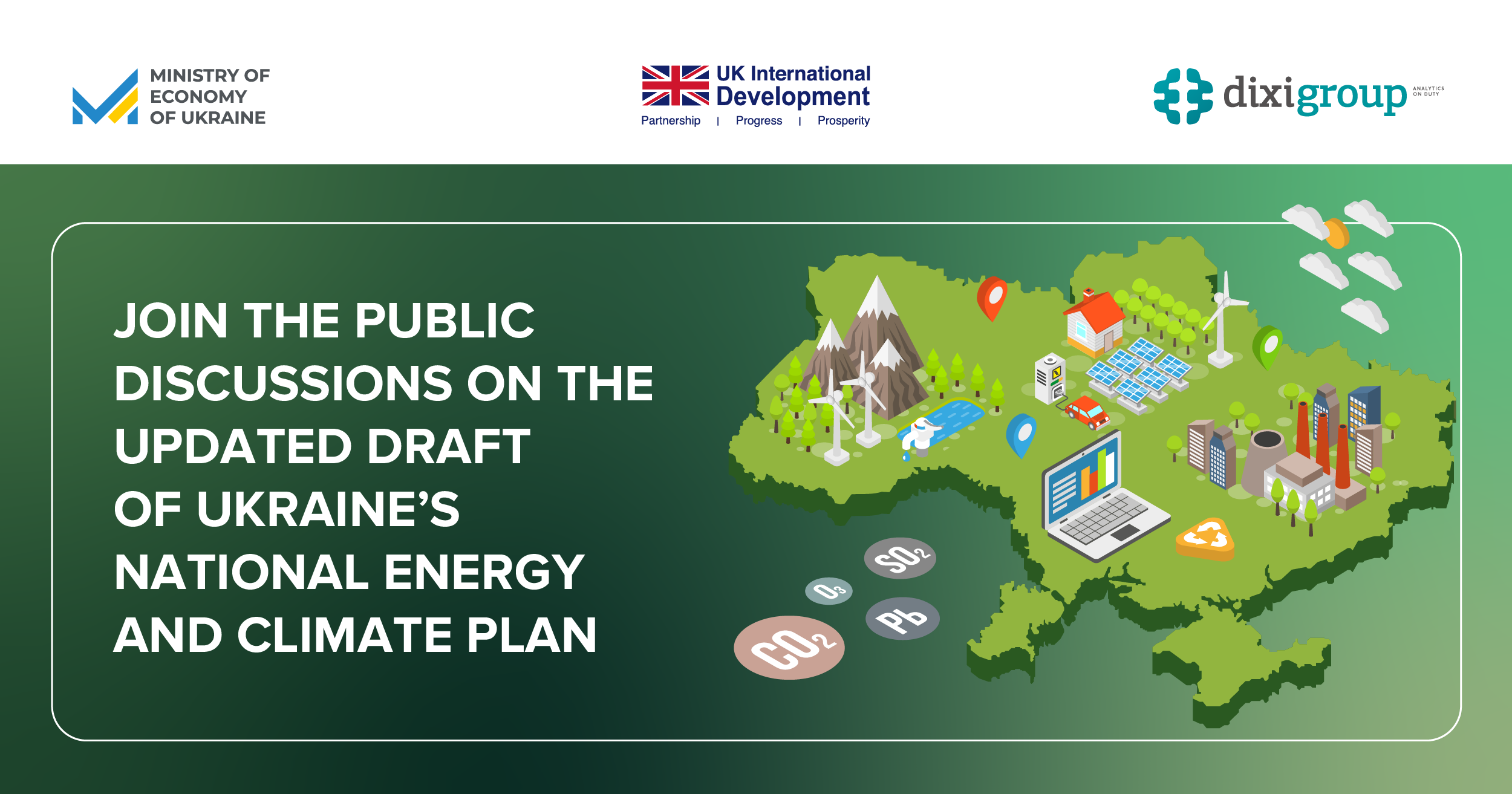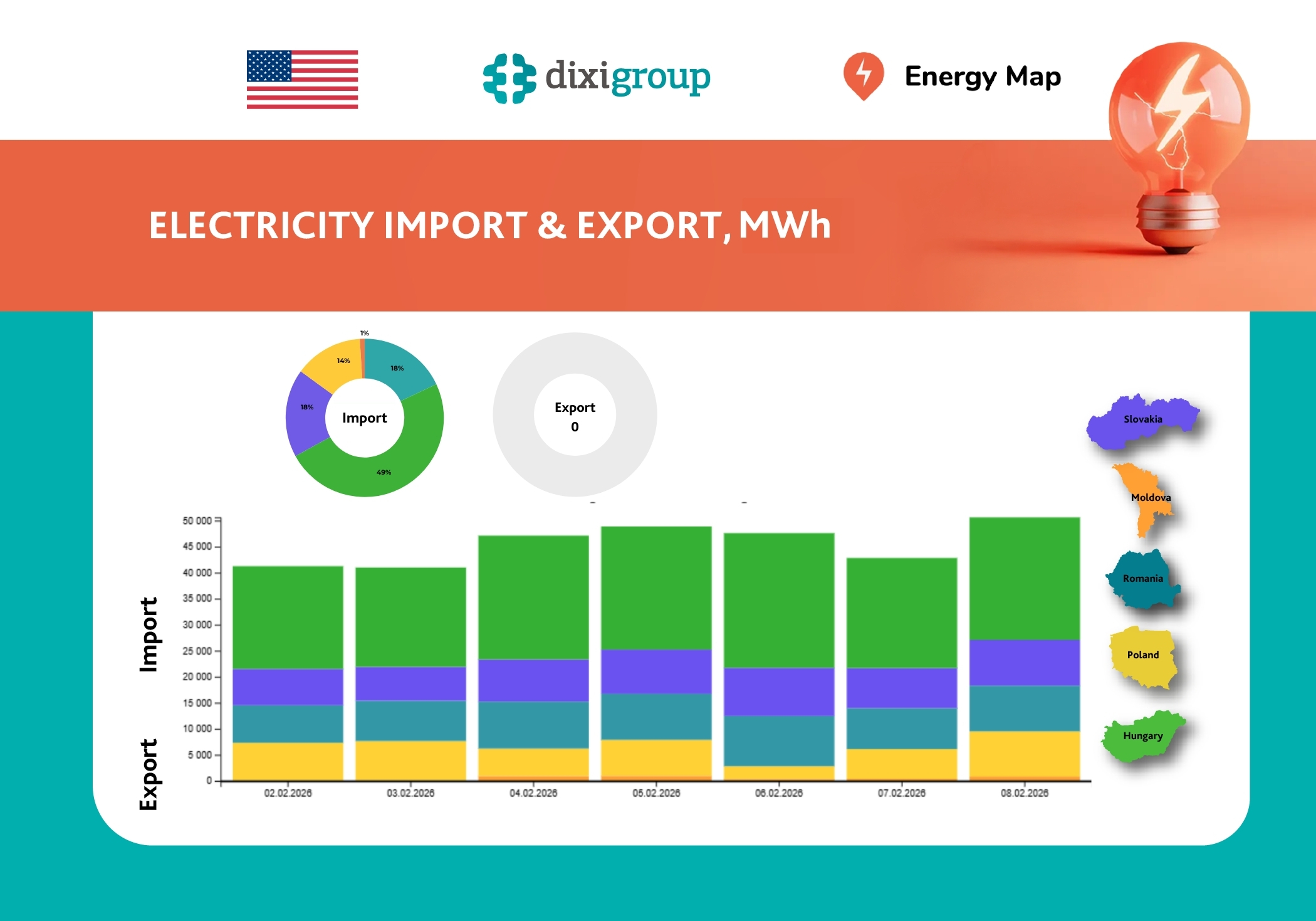On July 11, as part of the Ukraine Recovery Conference in Rome, a panel discussion entitled “Investing in Ukraine’s Critical Minerals: A Strategic Asset for Global Supply Chains” was held, where participants discussed the prospects for the development of the sector in the European context.

“We have a lot of speakers, which shows how significant the interest in Ukraine’s critical minerals sector is. Our country has enormous potential to support both its own state and the European Union. This is not only about the development of mineral resources and carbon-neutral technologies, but also about promoting decarbonization goals,” said the event moderator, DiXi Group President Olena Pavlenko, in her opening remarks.
Ukraine has deposits of critical minerals such as uranium, titanium, manganese, and graphite. These resources are essential for the formation of new digital and decarbonized economies. Over the next five years, the state plans to issue more than 30 new licenses for mineral exploration and production, and by 2050, it aims to become a European hub for the production of graphite, electrodes, and solar batteries.

How can the sector be made more attractive to investors? Yegor Perelygin, Deputy Minister of Environmental Protection and Natural Resources of Ukraine, outlined four key priorities that the government is implementing. The first is the digitization of all geological data from archives.
“We have already started the second stage of our joint project with the EBRD, digitizing more than 60,000 geological books”, said the Deputy Minister of Environment. “This is our main challenge, which we plan to tackle in about two years, given the scale.”
The government is also looking for opportunities to recycle tailings and former mining and metallurgical waste. This will make it possible to extract scandium, hafnium, zirconium, germanium, gallium, and other valuable metals.
In order to make licensing and regulatory processes more understandable and feasible for potential customers and subsoil users, they should be simplified. To this end, the government will implement the concept of a single window and a single approach.
The fourth priority is to give impetus to geological expeditions by developing the existing resource base. This will make new exploration work more relevant and important for partners.



Ukraine can use critical raw materials for economic development. The government, with the participation of DiXi Group, is preparing a development strategy. Deputy Minister of Economy of Ukraine Andrii Teliupa announced that the draft would be discussed in September and added that the clarity, transparency, and comprehensibility of this document would ensure the support of strategic partners. The plan is to make it as practical as possible, focusing on specific measures, projects, processing, and production of value-added products.
Opportunities for joint production of various technologies based on critical materials already exist. Andrii Teliupa cites the example of the Balakhovsky graphite deposit in the Kirovograd region, which the European Commission has included in its list of strategic projects, which is perhaps the largest in the world with about 180 tons of graphite.
As part of the discussion, representatives of the Ministry of Economy of Ukraine and the European Bank for Reconstruction and Development signed a memorandum of intent to invest in the Balakhovsky deposit.
“Ukraine holds an important place in all our areas of activity. This includes the extractive industry. We are assisting with digitalization, and we are only at the beginning of the journey. We have 60,000 geological books and studies ahead of us. This is just one of the projects we support in Ukraine,” said Arvid Tuerkner, Managing Director of the EBRD in Ukraine and Moldova.
Eva Spina, Director General of the Italian Ministry of Economic Development, emphasized the importance of international cooperation for resource diversification. She noted that Italy is implementing a new legislative framework for СІРМ, and although Ukraine is not a member of the EU, it remains an important partner for Italy.



Critical minerals are also part of the partnership between Ukraine and the UK, said Alex Sobel, UK Trade Representative in Ukraine. He added that not all minerals can be extracted in the UK, so future cooperation is key for both countries.
Another speaker at the conference was Anna Yarosz-Friis, Director of Ukraine Service at the Directorate-General for Enlargement and Eastern Neighbourhood (DG ENEST). She reported that the European Commission is providing financial assistance to Ukraine, in particular through cooperation with the EBRD, and spoke about a new opportunity for projects in the field of critical minerals – the Global Reconstruction and Renovation Fund for Ukraine.



The event was also attended by Andreas Schaal, Director for Global Relations and Cooperation at the OECD. He noted that the G7 countries are discussing the diversification of supply chains for critical minerals in order to avoid dependence on a single country, as was the case with Russian gas and oil. Schaal praised the framework program already in place in Ukraine, which meets OECD standards. According to him, the organization is ready to help Ukraine, in particular with tax incentives, reducing investment risks, and facilitating long-term financing.
